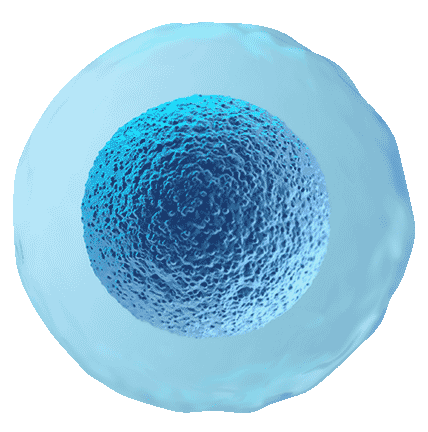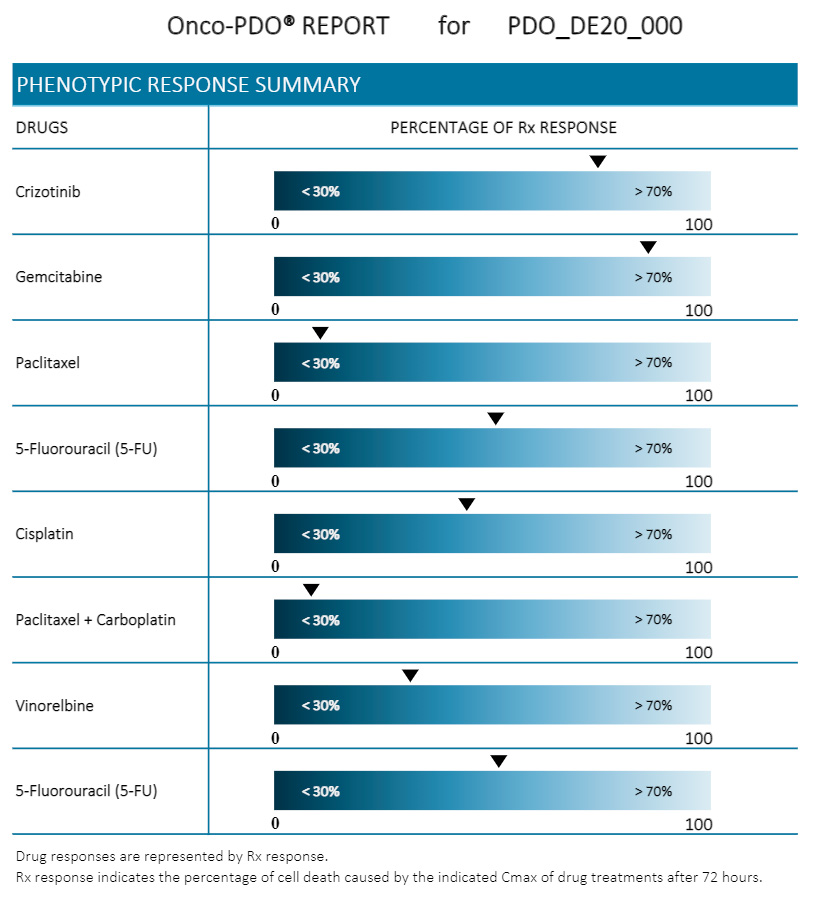Annals of Oncology – ESMO Abstract 233P
Link to PDF (annalsofoncology.org) 233P – Breast Cancer Organoids Mimic Disease Heterogeneity, Allow High-Throughput Drug Screening and Show Correlation with Clinical Response Abstract 233P Background Breast
Including personalized cancer testing, in vitro cell-based testing technologies and image analytics software.




We focus on developing in vitro & in vivo models for safety and efficacy testing. Find out what services best meets your R&D needs.

Invitrocue recognizes the value of providing current and relevant information to its shareholders and potential investors.
Invitrocue has developed a unique 3D cell-based scaffolding technology that mimics human organ samples for using in the field of infectious diseases.
In 2016, the company expanded its work in liver disease to the field of oncology. The technology enables patient-derived cancer cells (organoids) to be cultured in laboratories for testing against a panel of drugs to support clinical decision making for individual patients (personalized oncology testing).

Onco-PDO™ is a test, result of a first-of-its-kind partnership between Invitrocue and A*STAR’s Genome Institute of Singapore, a world-leading research institution in the field of personalized oncology.
The test uses your own cancer cells to identify the most effective treatment options by growing them in the laboratory and testing them against a panel of approved chemotherapy drugs. From there, we can determine which drugs are more likely to be effective against your particular cancer.


All enquiries are welcomed. We look forward to hearing from you!
Link to PDF (annalsofoncology.org) 233P – Breast Cancer Organoids Mimic Disease Heterogeneity, Allow High-Throughput Drug Screening and Show Correlation with Clinical Response Abstract 233P Background Breast
Invitrocue Chief Scientific Officer, Dr. Zahra Dantes, will be presenting our latest findings on our current validation study regarding breast cancer at ESMO Breast Cancer
The drug discovery ecosystem is changing rapidly. The rise of robotics and AI enables the emergence of a new model of data-driven drug discovery. Bringing